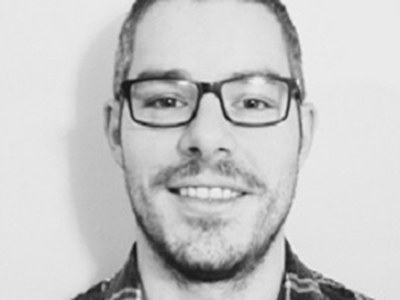Mapping the Humanities Q&A
 Lluís Baixauli-Olmos
Lluís Baixauli-Olmos
Department of Classical and Modern Languages
2016-17 Commonwealth Center for the Humanities & Society Faculty Fellow
What is your role as a CCHS Faculty Fellow?
Contribute to the diversity and dynamism of this year's CCHS Faculty Fellows’ cohort.
What is the role, and importance, of an "intellectual community" such as this in A&S? As scholars, and as part of the wider university community?
It is the most fundamental role of a university to provide a stimulating and challenging intellectual environment for both young minds and active scholars. This is what gives added value to an educational experience and to a profession like academia.
There are a variety of interests and academic disciplines represented in the program. How will working among such a diverse group elevate your own research? What are the benefits of participating in a community of diverse scholars such as this?
This experience gives me a new perspective on my own work. The benefits are manifold: learning new concepts and new approaches to understanding reality and life experiences; known theories used from different angles. I feel like this experience makes my understanding of concepts more versatile and sensitive.
What does "mapping the humanities" mean to you?
To me it means conceptually mapping the humanities in graphical form. Like a tree map of the very heterogeneous field of humanities.
What inspired/s you to work in your particular academic field?
I had intuitively worked on mapping professional ethics of interpreters, and I wanted to look a bit more deeply into data visualization and visualization tools for fields which in principle tend to be less data-driven than others (ethics vs. mathematics).
